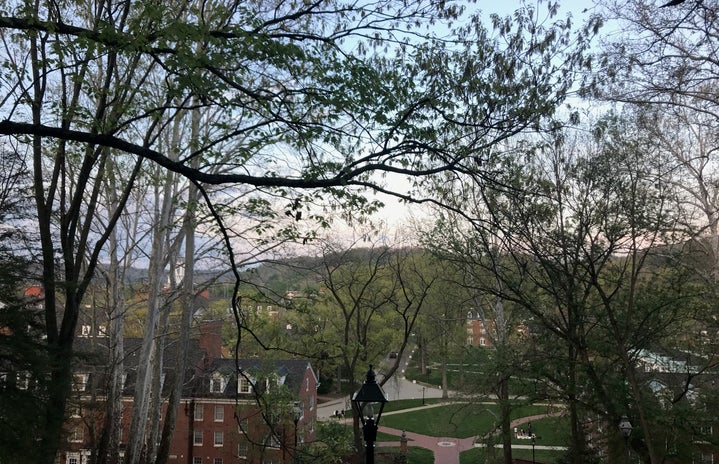In her two-year quest to do research for her book Fraternity, journalist Alexandra Robbins expected to find evidence of rampant misogynistic culture within many fraternities on college campuses nationwide. However, her interviews with fraternity members were often, as she put it, “heartening.” Many of the young men Robbins interviewed told her that their brotherhood was a space where they could feel safe confiding their “doubts, sexual uncertainties, and ideas about masculinity.” She was pleasantly surprised to find that many American fraternities, rather than serving as bastions of toxic masculinity, offer men a home away from home during a vulnerable time in their lives.
In a 2019 opinion piece for The New York Times, Robbins argues that multicultural fraternities can offer support black and Latinx students might not receive elsewhere on a university campus. She cites a 2008 study conducted by sociologist Eric Anderson that found that the fraternal system fostered “a more inclusive form of masculinity” which realized “social equity for gay men, respect for men and racial parity.” Ultimately, she concludes that rather than “assuming every all-male group promotes misogyny,” universities should support these fraternity chapters that are trying to rebrand college-male masculinity.
While fraternities can be safe spaces for young men at their most vulnerable, that doesn’t mean that darkness doesn’t loom in many chapters nationwide. In 2019, the University of Georgia chapter of Tau Kappa Epsilon was suspended after video footage was released of members using racial slurs and telling other members to pick cotton. That same year, the University of Indiana chapter of Pi Kappa Phi came under investigation after allegations of anti-Semitic slurs, and the Syracuse University chapter of Alpha Chi Rho was suspended after a group of individuals, some of whom were fraternity members, verbally harassed a black woman campus, screaming “the n-word” as she walked by. The year prior, another Syracuse fraternity, Theta Tau, was permanently expelled from campus after a video was released showing members using “racist, anti-Semitic, and homophobic slurs.”
Evidence of racist and anti-Semitic conduct has even been reported at a University of Utah fraternity. A student who had previously been a member of a University of Utah fraternity reported that a brother within his organization bullied him because of his Jewish faith and that multiple brothers have harassed him with anti-Semitic remarks. He noted that one brother’s girlfriend hosted an off-campus toga party where he was given a yellow star of David badge to wear if he chose to attend (he did not). The student was threatened for trying to report the circumstances of this racist abuse, and his membership in the fraternity was eventually unjustly terminated. The allegations of abuse and anti-Semitism within his former fraternity are currently being dealt with by the university.
In 2020, there is positive evidence that some fraternities are changing, celebrating students of different religions, races, and sexual orientations and creating spaces where men can find homes away from home. However, in order for fraternities to continue being positive spaces for men on campus, they must be positive spaces for all members. Fraternities must absolutely condemn racist, sexist, and anti-Semitic behavior, or the progress they have made in other areas will be null. Unless serious changes are made in the chapters that have bred the many instances of misconduct which have populated headlines over the last few years, these chapters should be removed from campus.



